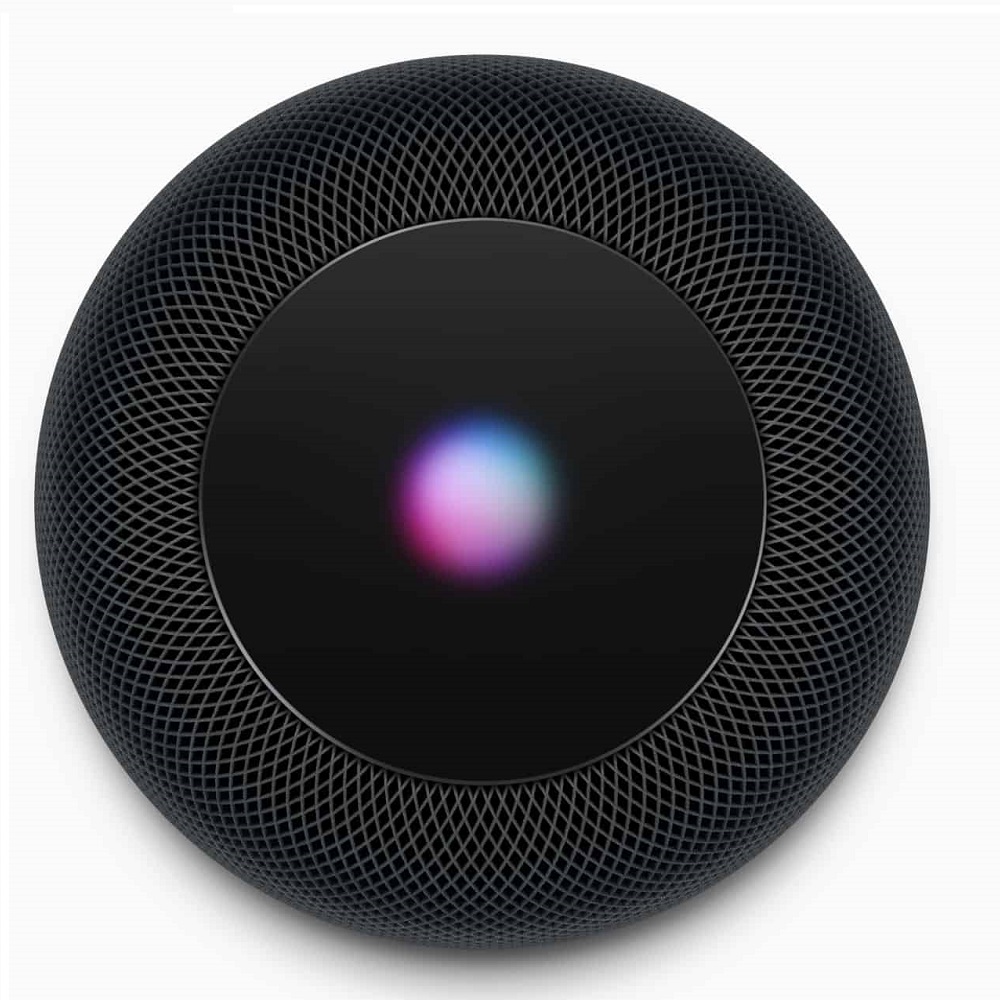Amazon Alexa VS Google Assistant VS Apple Home
Who should buy an Apple HomePod?
Apple lovers! If you already have Apple products, and you also like listening to music, then HomePod will suit you. But if you need a smart assistant that facilitates everyday tasks with voice commands, this may not be your smart conversational partner. Smart home enthusiasts who use the Home Kit are also likely to find this a good investment, but the real possibilities of HomePod to interact with other smart devices are not yet fully developed.
Who should buy an Alexa?
Anybody! This line of smart speakers is intuitive enough to use, and you don’t need to be tech-savvy to take advantage of the many Alexa features. This is ideal for families with young children as well as the elderly. Amazon Prime members will benefit from shopping and ordering lists right through Alexa. And if you have (or want) a smart home, the Echo line will be useful when it comes to connecting to your devices.
Who should buy Google Home?
Anyone, but especially people who want more control over their smart speaker. Android users and people who own a Chromebook, Google phones or Chromecasts can also choose this option instead of the Echo or HomePod, because it will work well with all these devices. It is also a great speaker for pairing with many smart home devices, but the options are not as reliable as in the Echo.
What Our Customers Say

Lara Shwarz
“SmartThings” is an affordable color LED bulb that you can control with your phone or with your voice, and it doesn’t require a hub.

Kati Jerry
“Ring” is a weatherproof Wi-Fi security camera that delivers crisp 1080p video and offers sound, motion, and people detection.

Anna Shadrina
“August Smart Lock PRO” automatically unlocks when you arrive and locks when you leave. August Smart Lock Pro works with all three voice assistants.
Support
We are available
Monday – Friday: 8am – 6pm



